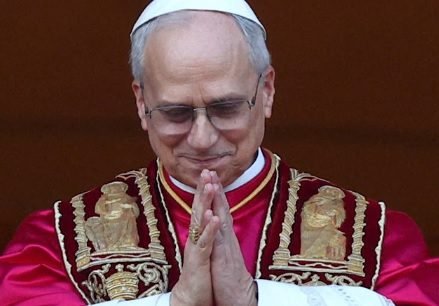
By Milton Kirby | Atlanta, GA | May 12, 2025
White smoke rose from the Sistine Chapel chimney on Thursday evening, signaling a historic moment for the Catholic Church. The cardinals inside had chosen a new pope: 69-year-old American Cardinal Robert Prevost. He will now be known as Pope Leo XIV, the 267th leader of the Roman Catholic Church.
The End of an Era
Pope Leo XIV replaces Pope Francis, who died on April 21, 2025, at 88. Francis passed away at Domus Sanctae Marthae in Vatican City, ending a 12-year papacy. He was the first pope from South America and led the Church through major reforms.
Following Francis’s funeral, cardinals gathered in Vatican City. After two days of informal meetings, the conclave officially began on May 7. By May 8, a new pope had been chosen. The process took just over a day of voting before the required two-thirds majority was reached.
Who is Pope Leo XIV?
Born in Chicago in 1955, Pope Leo grew up in a working-class neighborhood. He was raised in a devout Catholic family with Spanish, French, and Italian roots. As a child, he often “played priest” and took his faith seriously, even memorizing prayers in Latin.
He was ordained in 1982 and soon after moved to Peru, where he spent over a decade working with poor and rural communities. He served as a pastor and teacher in Trujillo, a coastal city in northwest Peru. Locals remember him as a humble leader who waded through floodwaters to deliver aid in 2022.
Leo holds dual citizenship in the U.S. and Peru. His international experience gives him a global view that church officials say will help him lead with compassion and unity.
A Symbol of Diversity
Pope Leo’s family has deep American roots, including connections to New Orleans’ Black community. Genealogist Jari Honora uncovered that Leo’s grandparents were listed as “black or mulatto” in Louisiana records. However, when the family moved to Chicago, they were later recorded as white—a stark illustration of how race in America has long been fluid, constructed, and contested.
The phrase “one drop of Black blood makes you Black” is rooted in a legal and social doctrine known as the “one-drop rule.” It emerged in the United States during the 19th and early 20th centuries. It became widely enforced during the Jim Crow era, particularly in the South.
Though never formally adopted at the federal level, the concept shaped state laws to maintain strict racial boundaries. In 1910, Tennessee became the first state to define anyone with even a trace of African ancestry as Black. By the 1920s and 1930s, similar laws and social customs were widespread across the South. The one-drop rule reflected a broader white supremacist ideology that aimed to preserve racial “purity” and legitimize segregation.
The rule’s impact was far-reaching. Mixed-race individuals were denied legal protections and subjected to the same discriminatory treatment as those classified as Black. The idea entered mainstream consciousness through literature, journalism, and legal systems, helping to normalize racial divisions based on ancestry rather than appearance or lived experience.
The one-drop rule’s legacy persists, it still influences how Americans think and talk about racial identity, belonging, and history. Pope Leo’s personal story brings that legacy into sharp focus, reminding the world that identity is often shaped not just by heritage—but by the policies and perceptions that define how heritage is seen.
This complex history is especially relevant as the world reflects on the background of Pope Leo XIV, born Cardinal Robert Prevost.
His Vision for the Church
Leo XIV is expected to continue many of Pope Francis’s reforms. He has shown support for:
- Helping the poor and migrants
- Protecting the environment
- Offering Communion to divorced and remarried Catholics
- Allowing blessings for same-sex couples (with cautious support)
One of his key beliefs is that church leaders should not act like royalty. “The bishop is not supposed to be a little prince sitting in his kingdom,” he once said.
As a cardinal, Leo also helped lead a significant change by allowing three women to vote in the selection of bishops—something never done before.
In his first public remarks from the balcony of St. Peter’s Basilica, Leo said, “Peace be with you… God loves us all unconditionally… Evil will not prevail.” His speech honored the legacy of Pope Francis and called for humility and hope.
Controversy and Challenges
Despite the celebration, Leo’s past is controversial. A group called SNAP (Survivors Network of those Abused by Priests) raised concerns about his handling of abuse cases.
In 2023, a $2 million settlement was paid in a case involving a priest under Leo’s former leadership in Chicago. Critics say he failed to act quickly or transparently. Leo has said the Church must be honest in dealing with abuse and has called for full transparency moving forward.
The Global Church Reacts
With 1.4 billion Catholics worldwide, the election of an American pope is a major shift. The U.S. has over 61 million Catholics and the second-most cardinals after Italy. Still, experts had long doubted an American would ever be chosen due to global political tensions.
Leo’s election brought cheers in St. Peter’s Square and praise from around the world. U.S. President Donald Trump called it a “great honor for the country.” However, Leo has been outspoken about migrant rights and once criticized the Trump administration for failing to show compassion.
In a 2024 post, he asked, “Do you not see the suffering? Is your conscience not disturbed?”
What Comes Next?
As Pope, Leo XIV faces many tests. He must heal deep divisions in the Church and respond to growing concerns about youth engagement, abuse reform, and global poverty. He will also need to address questions about gender, sexuality, and tradition—issues that continue to stir debate among Catholics.
Despite the challenges, Leo brings a blend of humility, experience, and boldness. His life story—spanning Chicago neighborhoods, Peruvian missions, and Vatican halls—makes him one of the most unique leaders the Church has ever had.
For now, Catholics worldwide wait to see how Pope Leo XIV will guide them in a time of great change—and great hope.
Please consider supporting open, independent journalism – no contribution is too small!

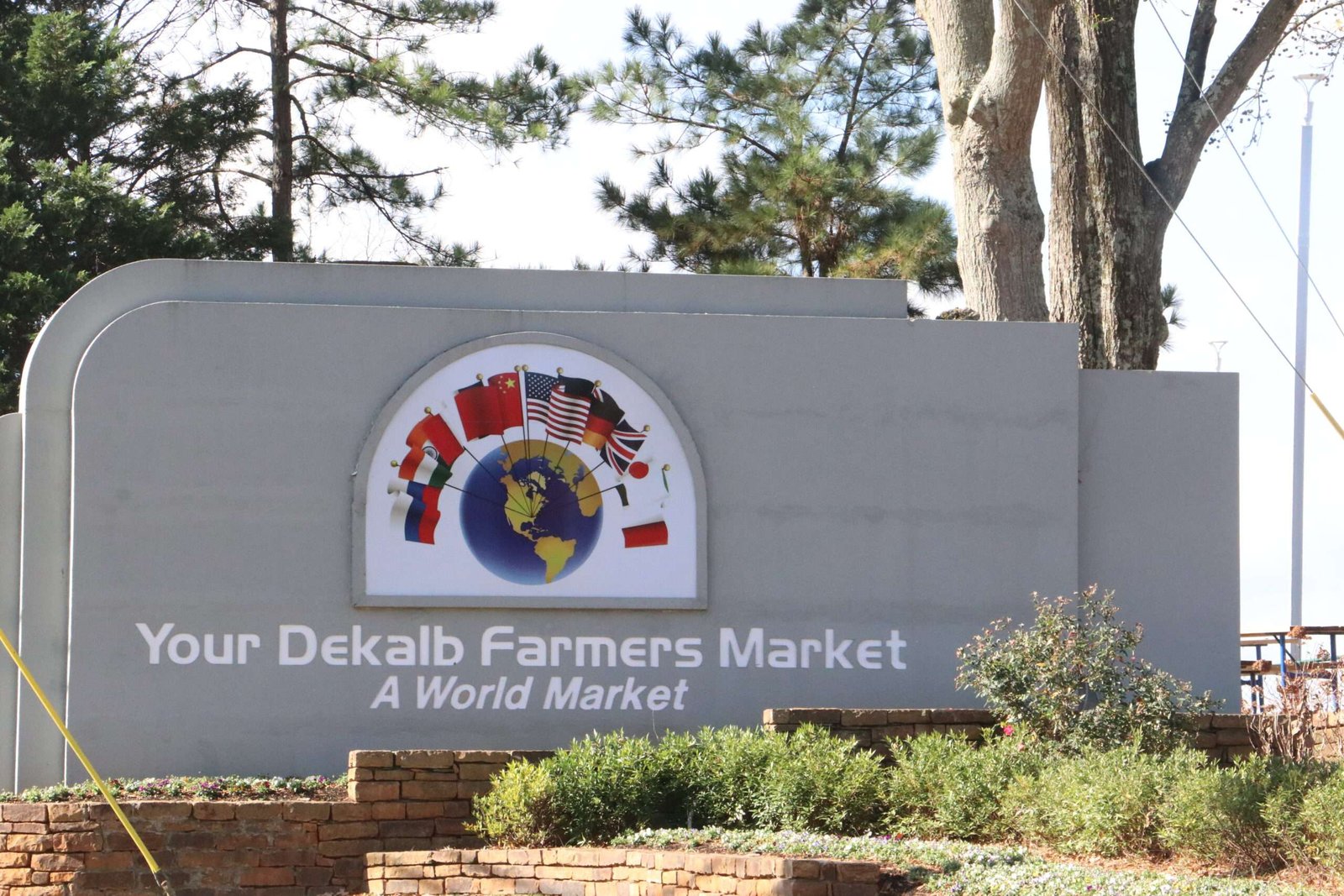
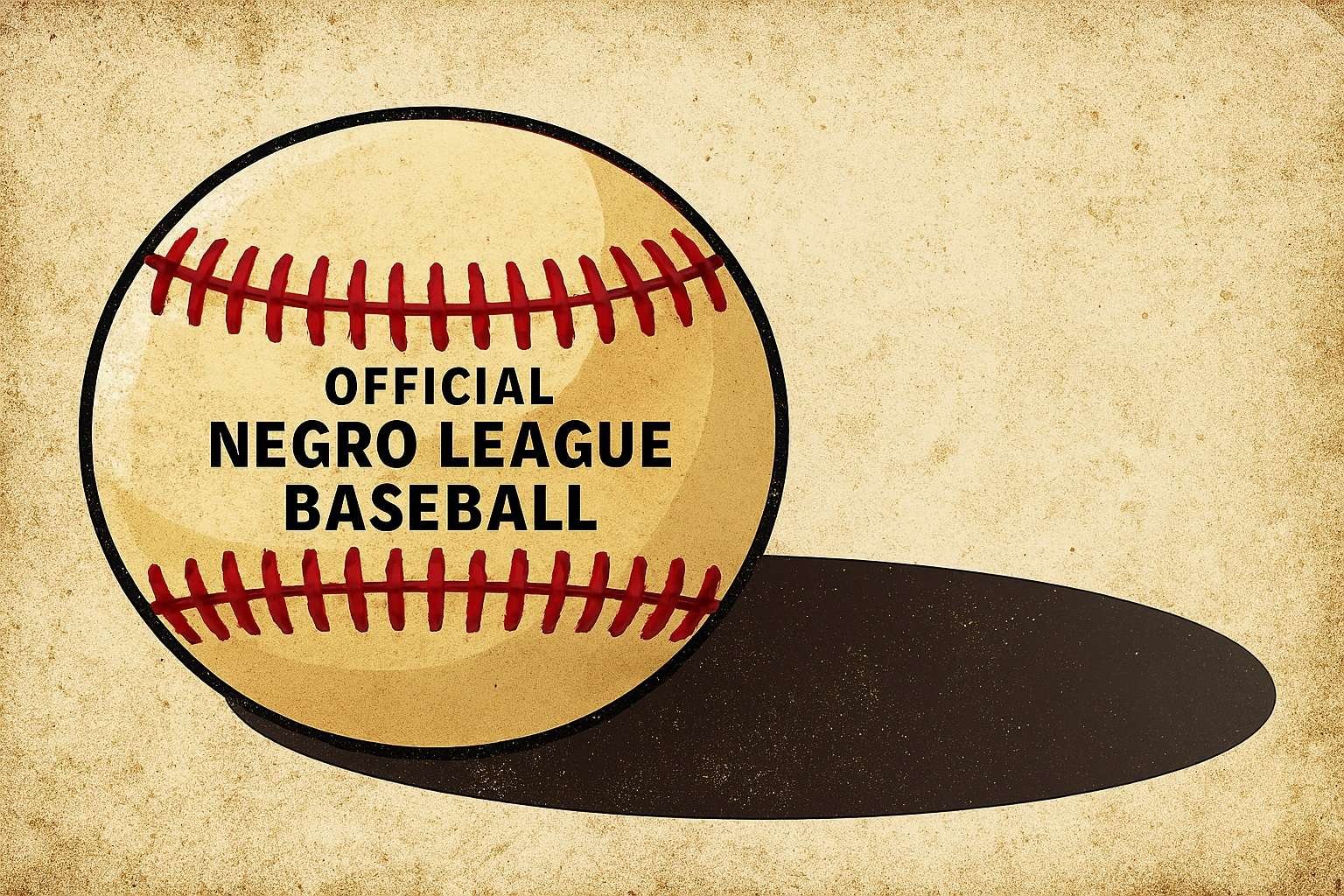
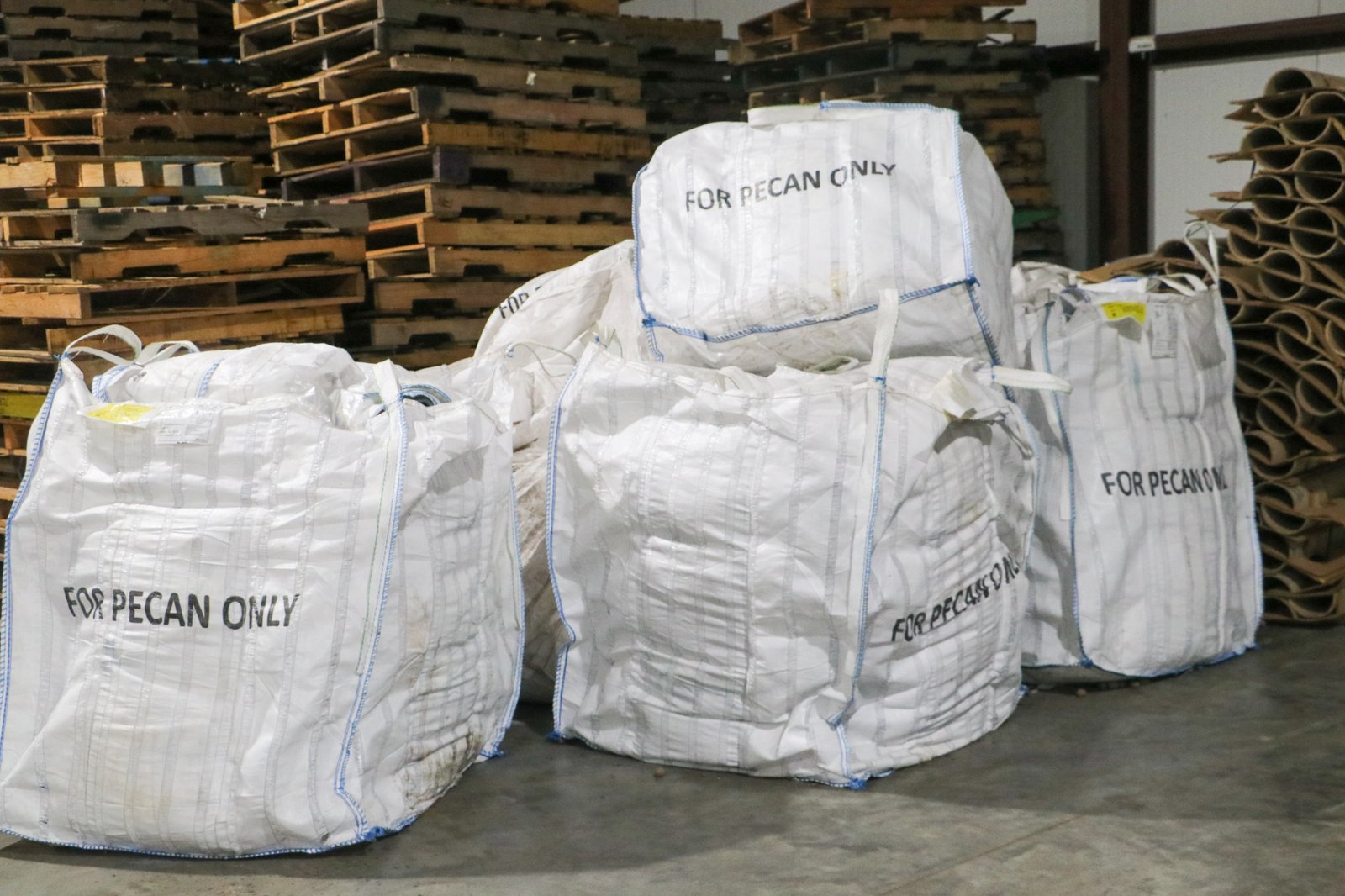


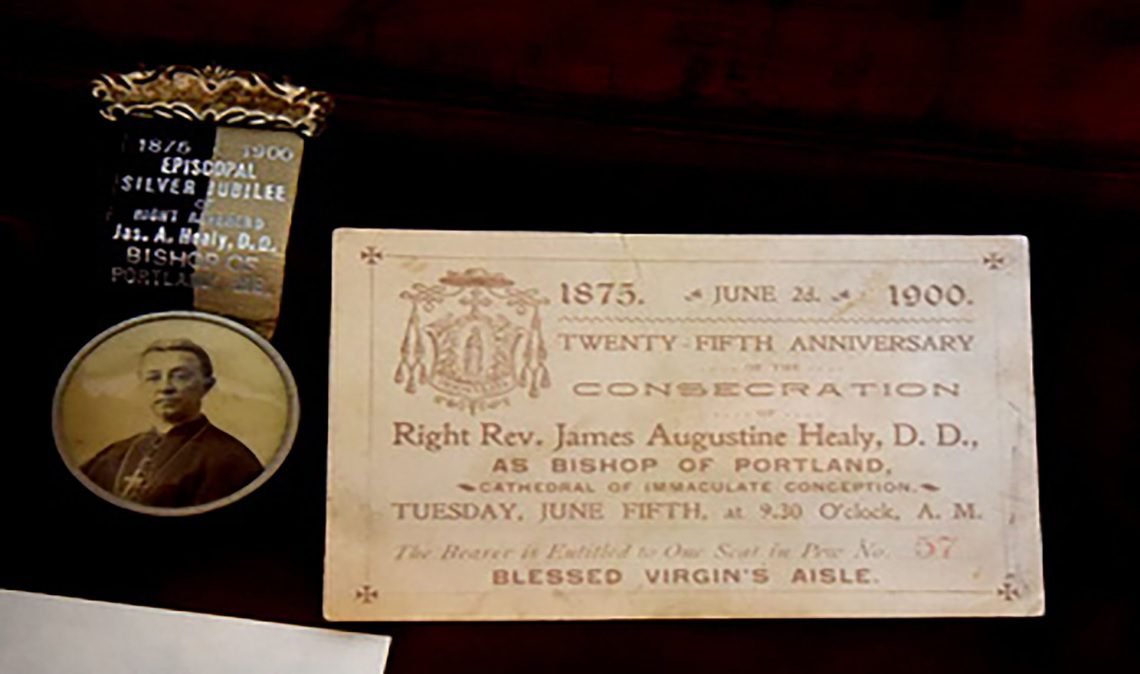


Thank you for this great read on the new pope!!
I’m not Catholic, but as a Christian, I have always respected and honored the church’s global outreach and compassionate care in impoverished communities. It is my hope the church’s ongoing impact around the world is not distracted and deterred by those most focused—especially in this country—on the Pope’s racial identity.
Well written. Good to know. I like it.
Thank you for continuing to support the TSJ. Comments like yours lets us know that our work is appreciated. Again, we thank you and look forward to your continued support.